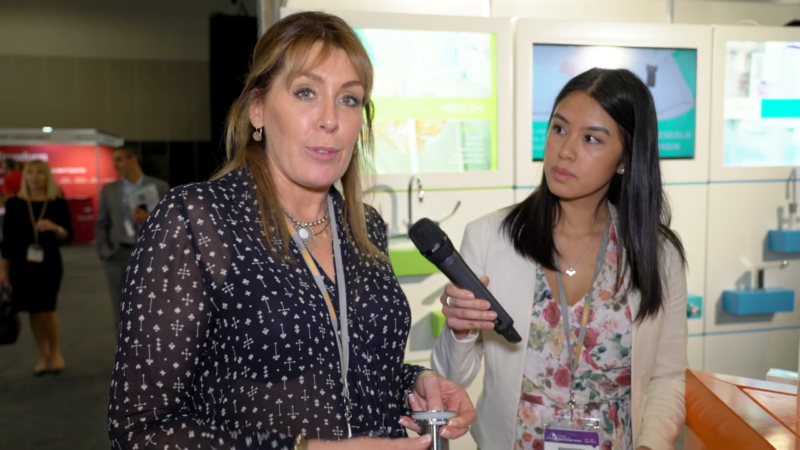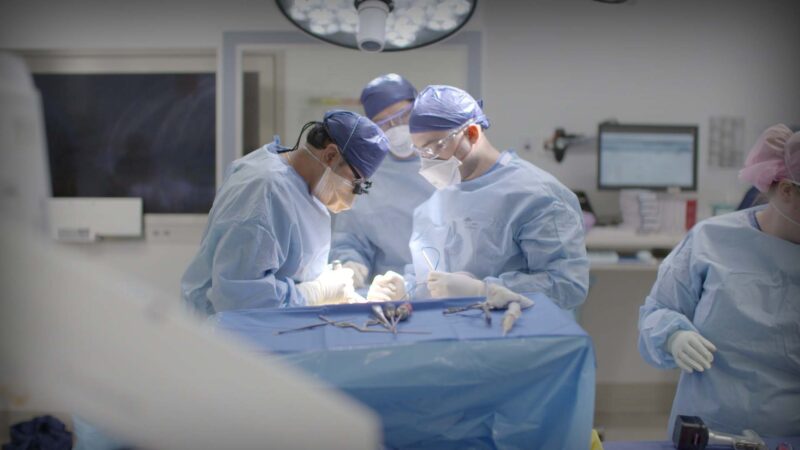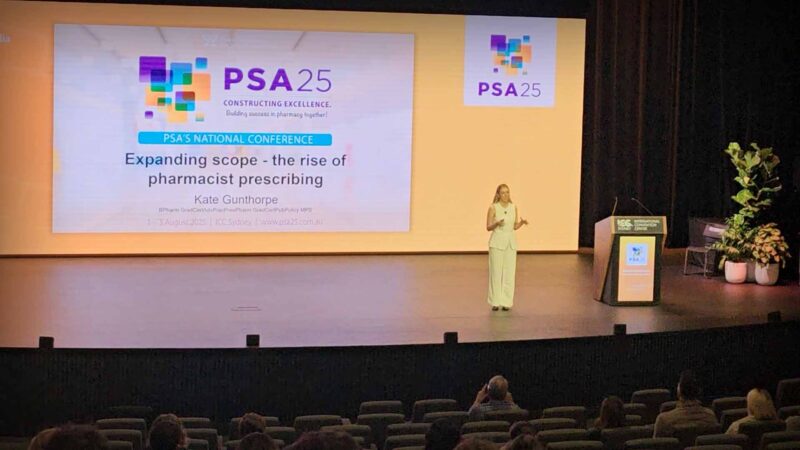National NAIDOC Week celebrations are held across Australia in the first week of July each year (Sunday to Sunday), to celebrate and recognise the history, culture and achievements of Aboriginal and Torres Strait Islander peoples.
On the eve of NAIDOC week 2023, Australian Health Journal met with Scott Willis, the National President of the Australian Physiotherapy Association, a proud Palawa man and the first Indigenous President of the Australian health peak body.
Growing in up the western suburbs of Sydney and attending local public schools, hard work and committing fully to the task at hand was instilled in Scott from a young age. In 1993, he graduated from the University of Sydney with a Bachelor of Applied Science (Physiotherapy).
Freshly graduated, he moved to the North West Coast of Tasmania to reconnect with his Aboriginal roots on his father’s side and start his career. Joining the APA led to the first of several voluntary leadership roles within the organisation, from National Chair of the business group, member of the National Advisory Committee, Tasmanian branch councillor, Board Director and Chair of the Insurance and Safety subcommittee.
Today he is co-director of a multidisciplinary clinic in Tasmania. Within the Tasmanian health system, Scott has held positions on the Board of Directors of the Division of General Practice North West in Tasmania, Tasmania’s Medicare Local’s Primary Health Care Strategic Advisory Council, and the Clinical Advisory Council of Primary Health Tasmania.
When elected to the position in 2020, Scott stated he would be unapologetically ambitious given his extensive experience in policy development, advocacy and political engagement.
He said, “As a profession we’ve come a long way to illustrate how valuable our work is, both from a broad health system cost perspective and as highly skilled clinicians treating a wide array of acute and chronic health conditions.”
“One of our key focus areas will be illustrating the economic value of physio and partnering with government and insurers to ensure the best and most effective health outcomes for Australians.”
“Aboriginal and Torres Strait Islander peoples’ health remains a priority area for our profession. We’re going to ensure not only that we are a culturally safe, engaged profession by listening to, learning from and working with First Nations peoples, but we’re going to make physio a known, viable and aspirational professional choice for young Aboriginals coming through the education system. I want them to know they can and should aspire to strong and respected leadership roles in the community.”
His passion for the profession and the organisation help drive it forward and continue to put it at the forefront of politicians’, funders’ and consumers’ minds.
In an upcoming release Part 2 of the interview with Scott Willis, he discusses the growth of the profession within allied health, role in society, research and education.
You Might also like
-
AHW Exhibitor: Gentec Australia
Gentec Australia, an Australian supplier of tapware and designer of wash basins to the healthcare industry exhibited at last week’s Australian Healthcare Week 2019. Their patented basin design reduces the risk of infection through splashing from water through an offset waste, as well as other infection control features. Know My Group reporter Anne Dao spoke with General Manager for Sales Graeme Bunt and State Manager (VIC) Vanessa Beever.
In an upcoming segment Australian Health Journal will cover the technologies deployed and steps taken by hospitals and clinics in infection control.
Post Views:
2,254 -
Jack Lancaster, Evolution Surgical
Continuing the Australian Health Journal, People In Health Care series is Jack Lancaster, the CEO of Evolution Surgical, an Australian owned company established in 2014, specialising in spinal fusion implants and custom instrumentation.
Jack talks about how the company works closely with surgeons to design custom solutions manufactured to surgical requirements, and ultimately, to the benefit of the Australia patient.
-
Pharmacist Prescribing Model gets further support from state health
A full scope pharmacist prescriber model allows pharmacists to independently prescribe medicines within their professional competence, without requiring prior doctor authorisation. It extends pharmacists’ role beyond dispensing to include assessment, diagnosis of minor and chronic conditions, initiation and modification of therapy, and ongoing patient monitoring. This model integrates pharmacists into primary care teams, aiming to improve timely access to treatment, reduce pressure on general practitioners, and enhance continuity of care. Pharmacists use their clinical knowledge, patient records, and collaborative pathways to ensure safe prescribing. The model emphasises training, regulation, and accountability to maintain high standards of patient safety.



